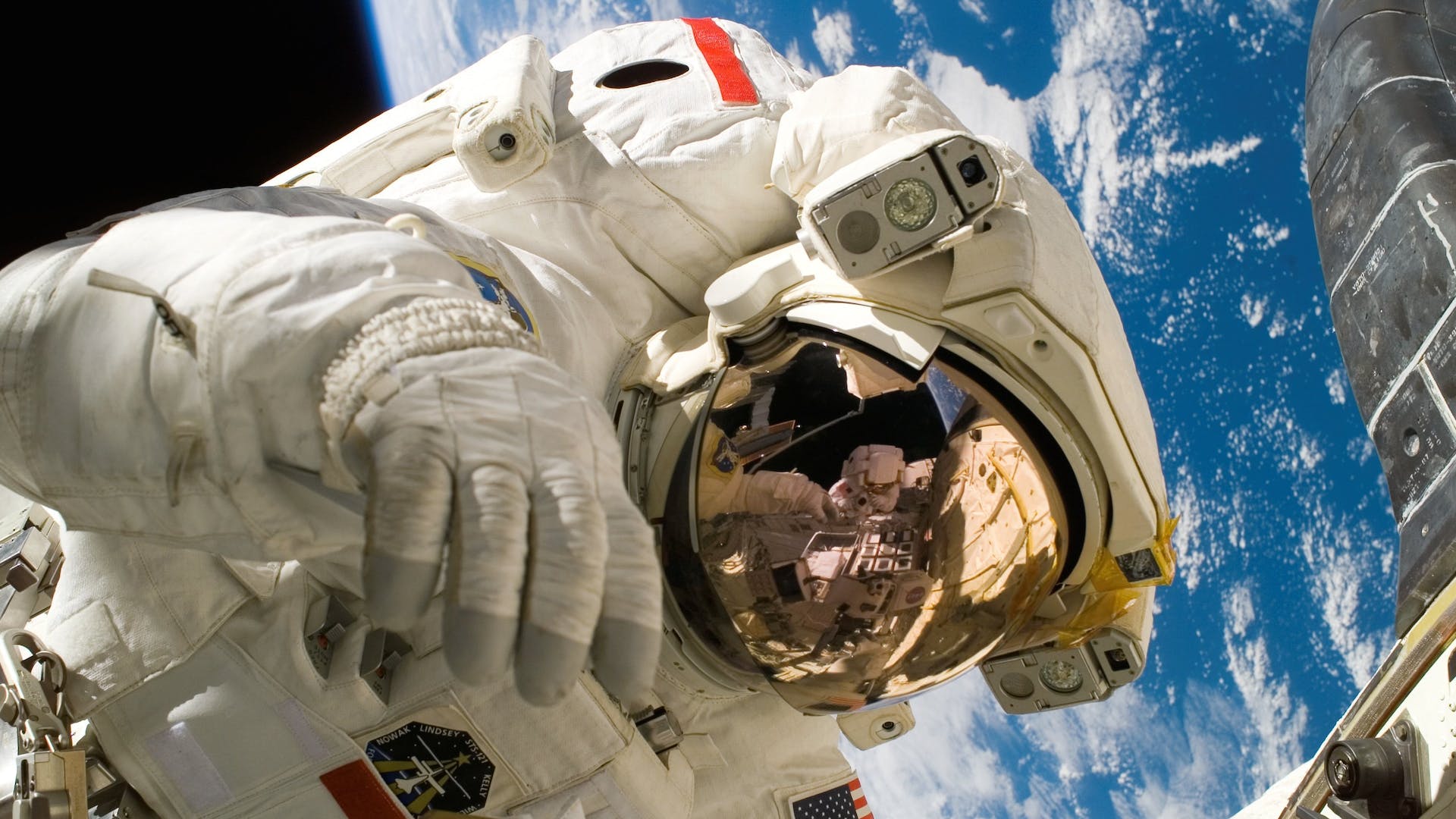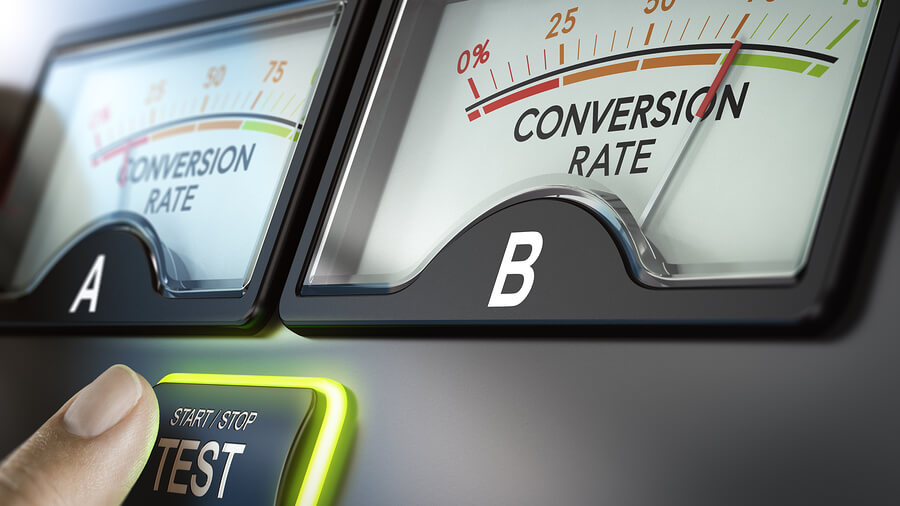
In the third episode of the classic BBC2 comedy series “Fawlty Towers,” hotelier and protagonist Basil Fawlty tells one guest, “I’m trying to run a hotel here. Have you any idea of how much [work] there is to do?” And that was decades ago, before online bookings, Airbnb rentals and social media platforms even existed.
Were he real and doing business today, Fawlty would have needed a full-fledged digital marketing strategy just to let prospective guests know what kind of experience they could expect when staying at his Torquay hotel.
A hotel’s website, online presence and content marketing campaigns are all pivotal in differentiating its particular amenities from those of many other seemingly similar venues.
Hotel digital marketing 101: Why it’s essential and what it looks like
So what do prospective guests prioritize when booking a hotel room?
Location and price are considerations that even the absent-minded Fawlty or Hotels.com’s own Captain Obvious would recognize as important, but they’re not everything.
Loyalty rewards and incentives, staff friendliness and multichannel communications options (e.g., being able to text or email with a hotel about a reservation) are also key differentiators.
Hotels try to convey these granular advantages, along with the current promos and unique experiences they offer, through their digital marketing efforts, which range from website ads and calls-to-action (CTAs), to more detailed content such as blogs and even short films.
Indeed, such multichannel digital marketing is essential in the modern hospitality industry, as consumers now perform most of their hotel research and bookings via the internet.
TrekkSoft’s Travel Reports 2019 found that two-thirds (66.7%) of hotel stays were reserved via direct online bookings, with the rest coming from agents and affiliates (24.3%) and online travel agencies such as Viator and Expedia (9.1%).
Hotels have plenty of good options for telling their compelling brand stories, especially ones that revolve around the unique experiences they offer and fuel conversions on their websites and in all-important booking engines.
Let’s look at a few basic examples of current marketing trends that hotels are following to fuel brand awareness and drive revenue, starting with something relatively straightforward and simple – running ads – and working our way up to more sophisticated assets.
Display and search ads
Like organizations in most industries, hotels run digital ads to build their online presence and boost conversions.




